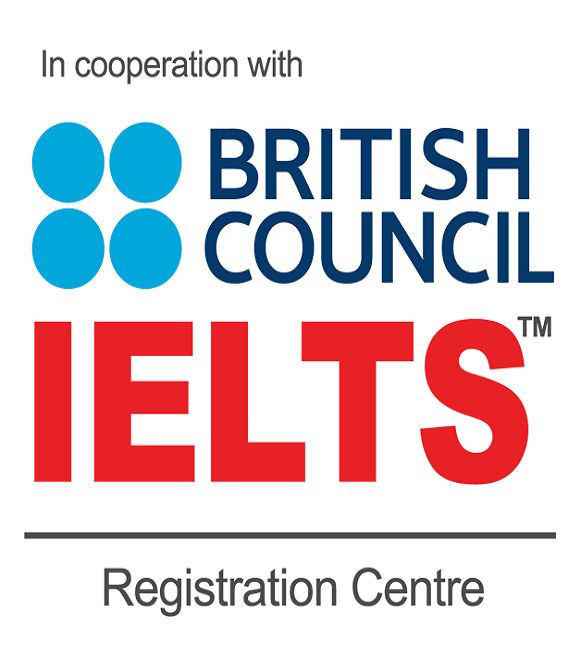




Speaking is an integral form of oral communication and so it is for the IELTS exam. It is so because visiting an English speaking nation - for study or work – would in any case require one to express one’s thoughts and emotions in English. An important question that candidates very often ask us is “I speak English since my childhood then why Do I need trainingin English speaking” or “I have already done an English speaking course earlier. Would I still require IELTS speaking training?”. We make them understand the difference between IELTS English Speakingand Normal English Speaking.One major difference between the two is the ability to convey in an internationally accepted manner to a wide range of audience.The objective normal English speaking, at least in India, is just to convey your thoughts to people who are generally aware of multiple vernacular (local) accents spoken within India. These become a deterrence in an international environment. While the objective of IELTS speaking is to convey to an international audience.
We are one of the finest IELTS training centers in Rohini because our internationally trained faculty is experienced in helping candidates in hitting the nail in IELTS speaking –accent neutralization. We come across many IELTS aspirants who come from different parts of the country and there is a regional touch in spoken accent. The first task to achieve is to neutralizetheir regional accent and to incorporate some universally acceptable accent. Moreover, IELTS is a formal proficiency test designed and conducted by international organisations. Hence it is very comprehensive in nature and there are three defined levelsof evaluation - Introduction &interview; Long turn; and Discussion.
Our expert trainers very well understand the examination pattern and train the candidates in a simulated manner. The IELTS Speaking test consists of an oral interview between the examiner and the candidate. All speaking tests are recorded by the examining body.The examiner starts by introducing herself/himself and then the test takerintroduces herself/himself. We train the candidates to deal with a wide variety of speaking topics which may include some general questions on some familiar topics such as work, studies,home, family and interests. One aspect that the candidate must know about the real IELTS exam is that the examining body wants to ensure consistency in the exam and hence it provides a set of pre-defined scripts from where the questions are taken.We Since the key evaluation criterion in IELTS speaking is based on the ability of the candidate to communicate various thoughts and opinions. Hence we train candidates on developing this skill to communicateinformation and opinionson everyday topics or situations or common experiences by way of answering a range of questions.Once this basic level has been cleared by the candidates then they are trained to enhance their speaking ability to speak at length on a given topic. Moving ahead, the training emphasizes on developing thecandidate’s ability to express and justify opinions. A candidate must also learn to analyse, discuss and speculate about the given topic.




 Our Locations
Our Locations
